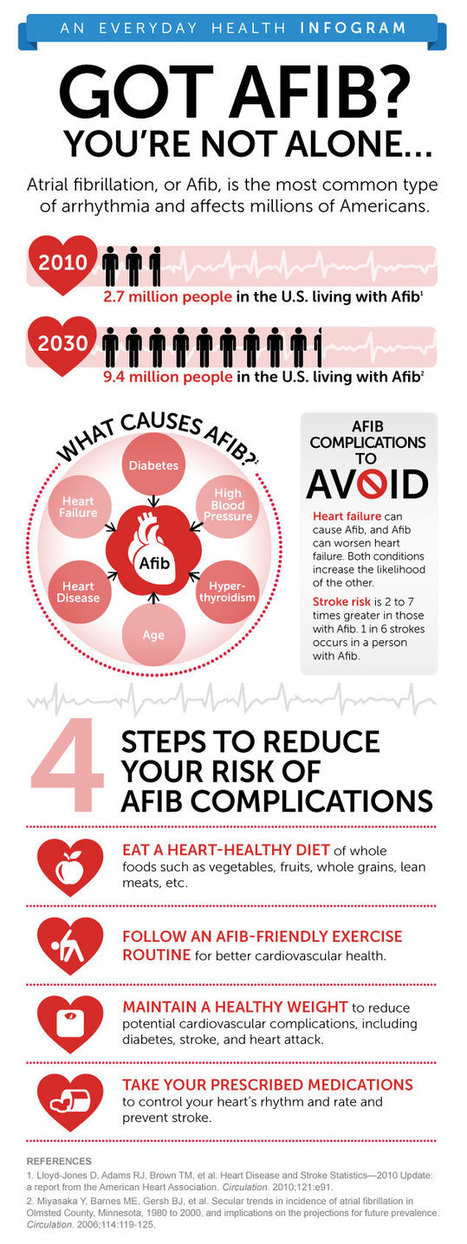There are some processes that take place within the body that are utterly amazing. However, we do not notice how these functions take place until they are not working properly. A Fib is a condition that affects almost 2 million Americans and it involves the function of the system that controls the pumping of the heart. It has also been recently suggests that a new link between genetics and A Fib does exist. This means that A Fib is a condition that is found to be hereditary.
What Is A Fib?
A Fib is also referred to as Atrial Fibrillation and it is known as an irregular heartbeat. Within the body, your heart pumps blood throughout your body, but individuals with this condition experience irregular heartbeats due to fluttering. This means that blood is not distributed in rhythm to the body and this can lead to larger issues. If your blood is not pumped efficiently it can result in clots that can be life threatening. This means that A Fib is a very serious condition that requires your attention. An irregular heartbeat is not something that you should simply dismiss. Some blood clots can even lead to stroke.
Is A Fib Hereditary?
It was not always thought that there was a genetic link between A Fib and individuals that suffer from this condition, but now it is safe to say that there is. A fib is found to be hereditary, because a new study shows that children of those suffering from A Fib are at a higher risk of suffering from this condition. Your risk of having A Fib more than doubles by simply having a parent with this condition. This new information was gained through research performed by the National Heart, Lung and Blood Institute. This means that if your parents have an irregular heartbeat, you should get checked out by your doctor as a precaution.
Other Risk Factors Associated With A Fib
A Fib is hereditary, but there are other risk factors that have been connected to individuals that suffer from this condition. Some of the more common risk factors include high blood pressure, heart valve disease, heart failure or a long term lung disease. There are other risk factors that are common, but A Fib is also found to be hereditary. It is important to take this condition seriously and have your irregular heartbeat diagnosed quickly.
